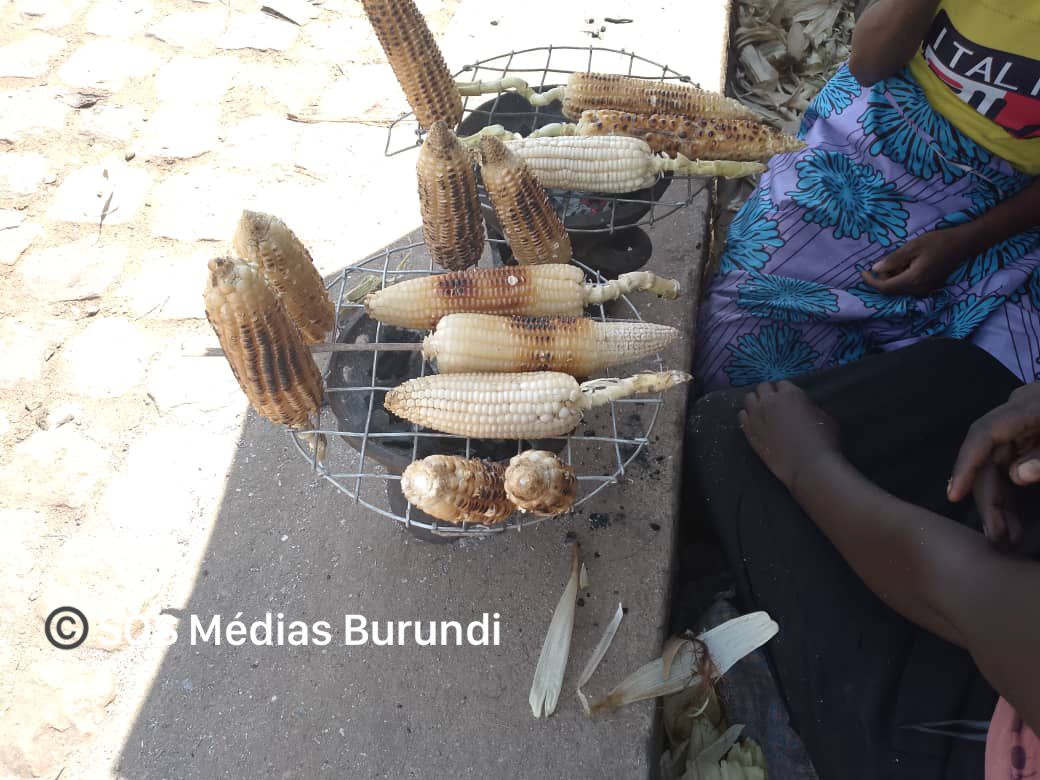Cibitoke : controversy over the ban on the sale of grilled corn along the roads

A lively controversy pits farmers in the province of Cibitoke, located in northwestern Burundi, against the provincial administration, after the governor’s decision to ban the sale of grilled corn on public roads. Farmers consider this measure as a hard blow for small traders, while authorities defend a necessary regulation. INFO SOS Médias Burundi
The decision is strongly criticized by farmers.
Corn farmers in the province deplore this ban, which, according to them, directly threatens the livelihoods of small traders and their families. They accuse Governor Carême Bizoza of wanting to « slow down competition and promote his own interests ». For example, a farmer from the district of Bukinanyana, claims that « this authority wants to monopolize all the markets under the cover of fallacious arguments such as theft and dirt ».
Farmers from the districts of Buganda and Rugombo, regions known for their corn production in the Imbo plain, join the critics. They demand the lifting of this ban, which they consider detrimental to small producers and street traders.
Motivations of the administration
To justify this measure, the provincial administration puts forward two main arguments : the fight against theft in crop fields and the improvement of public health.
« A significant part of the agricultural production of corn marketed in this way comes from theft in the fields », explains a local official anonymously.
Governor Carême Bizoza reinforces this position by emphasizing health issues :
« the disorder reigning along the roads due to the sale of grilled corn does not guarantee hygiene ».
Despite these justifications, criticism persists. Farmers accuse the governor of putting forward these pretexts to promote the sale of his own corn production.
A tense situation
Faced with this revolt, the governor remains inflexible. He recalls that this measure aims to protect the fields from depredation and to improve public order. He warns that any offender is exposed to administrative sanctions in accordance with the law.
Meanwhile, farmers maintain their call for the decision to be annulled, believing that it unfairly penalizes small farmers and traders. As tensions rise, this case reveals challenges related to the management of agricultural resources and the search for a balance between regulation and economic freedom in this region.

